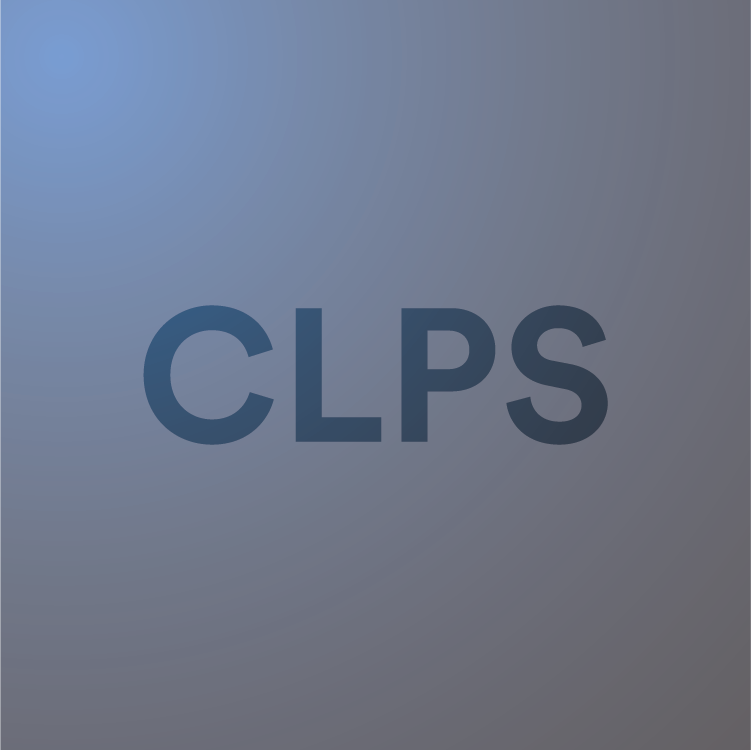The Department of Cognitive, Linguistic, and Psychological Sciences (CLPS) is dedicated to the multidisciplinary study of mind, brain, behavior, and language. It offers two Ph.D. programs: in Cognitive Science and Psychology. Ph.D. students are accepted by the department and choose one of the two programs during their first year.
The CLPS department does not admit students for only a Master's degree, but students admitted to a Ph.D. program may receive an A.M. or Sc.M. degree en route to their Ph.D. The department also has no Ph.D. or Master’s programs in Clinical, Counseling, School, or Applied Psychology.

